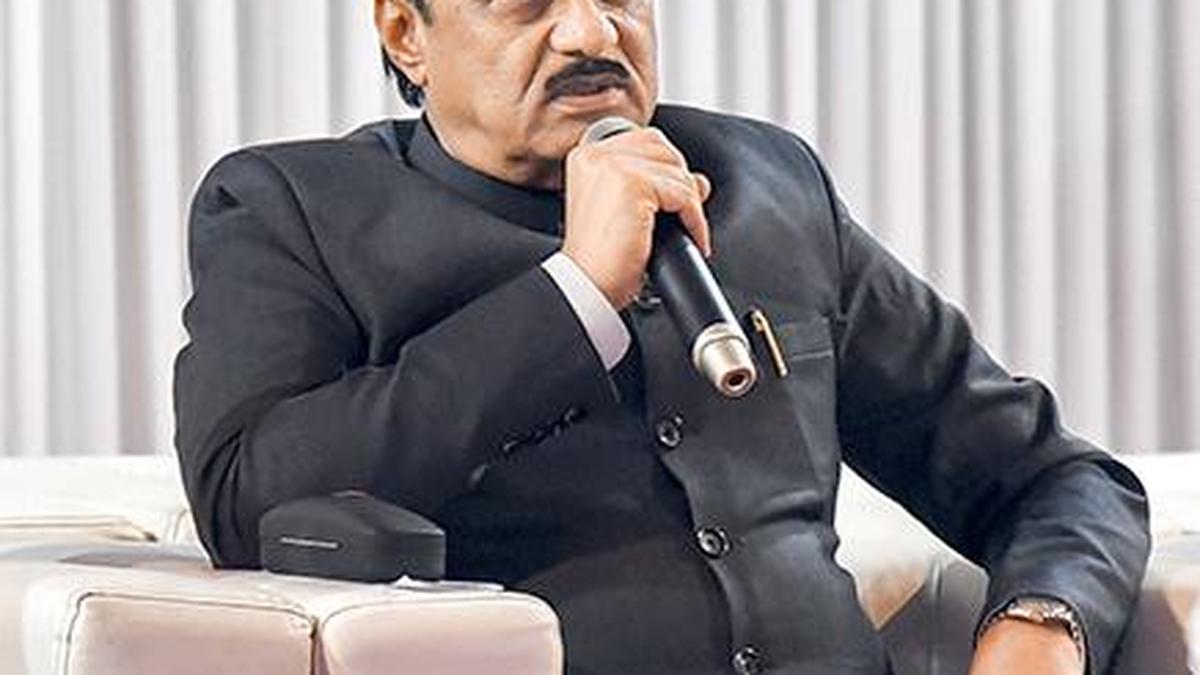
Maharashtra government explores AI in agriculture sector
The Hindu
Maharashtra government considers AI in agriculture to boost productivity and reduce costs, aiming for sustainable farming practices.
In a bid to boost agricultural productivity and reduce production costs for farmers, the Maharashtra government is considering the experimental use of artificial intelligence (AI) in the agriculture sector. Deputy Chief Minister Ajit Pawar announced the initiative on Monday (February 3, 2025) during a review meeting with State agriculture officials and stakeholders.
Mr. Pawar directed the State’s agriculture and cooperation departments to assess the technical and financial feasibility of integrating AI into farming practices. The meeting was attended by Agriculture Minister Manikrao Kokate, Minister of State for Agriculture Ashish Jayswal, Minister of State for Cooperation Pankaj Bhoyar, All India Grape Growers Association President Kailas Patil, and other senior officials.
Highlighting the transformative potential of AI, Mr. Pawar stated, “AI can play a pivotal role in monitoring critical factors such as crop health, soil carbon levels, and soil quality. By deploying it on an experimental basis, we aim to enhance agricultural productivity and reduce costs for farmers.”
He stressed that the initiative must be practical and financially viable for farmers to adopt widely.
“AI is revolutionising industries across the globe, and agriculture should not be left behind,” the NCP president added. “In the coming years, AI will be essential in tackling challenges like erratic weather patterns, unseasonal rains, pest infestations, and labour shortages. It has the potential to significantly increase productivity while lowering production costs.”
The Deputy Chief Minister outlined how AI could provide precise insights into soil carbon levels, pest identification, disease detection, and weed management. These advancements would enable farmers to adopt resource-efficient techniques, optimise supply chains, improve harvesting efficiency, and reduce dependency on chemical inputs. Additionally, AI could enhance disease management and lower labour costs, making farming more sustainable and cost-effective.
Mr. Pawar stressed that the integration of AI in agriculture is not merely about increasing yields but also about creating a more sustainable and economically viable farming model.













